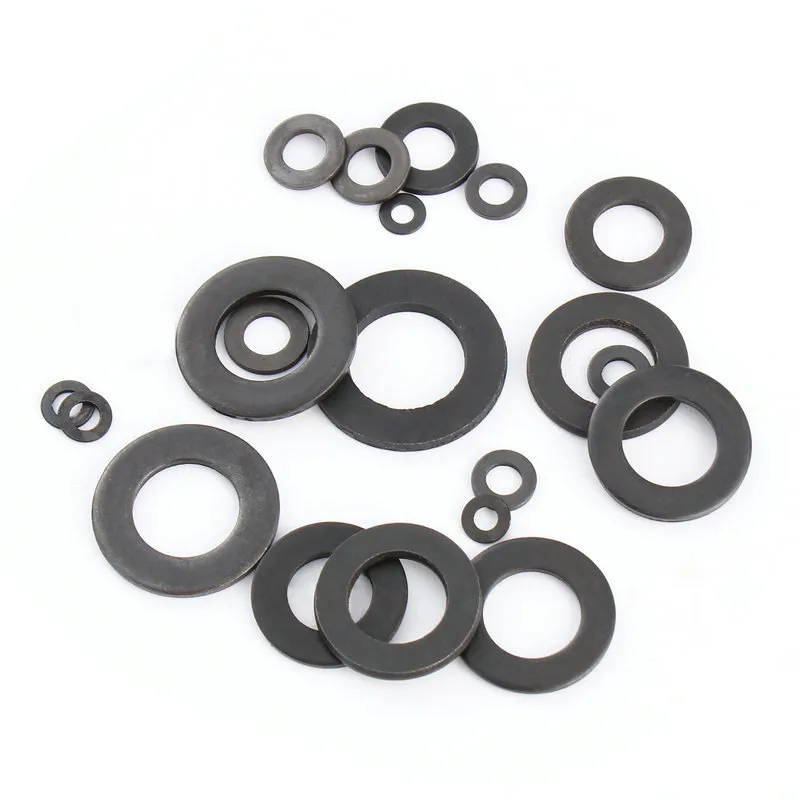

Hex Socket Self-Drilling Screws for Reliable and Easy Installation in Various Projects
พ.ย. . 09, 2024 22:40 Back to list
Hex Socket Self-Drilling Screws for Reliable and Easy Installation in Various Projects
Exploring Hex Socket Self-Tapping Screws Features, Applications, and Benefits
Self-tapping screws are an essential component in various industries, providing ease of use and efficiency in assembly processes. Among the various types of self-tapping screws, hex socket self-tapping screws have gained significant popularity due to their unique design and functionality. This article explores the features, applications, and benefits of hex socket self-tapping screws.
Understanding Hex Socket Self-Tapping Screws
Hex socket self-tapping screws are characterized by their hexagonal drive, which requires a corresponding hex key or wrench for installation. This design allows for increased torque application, making it easier to drive the screw into materials without pre-drilling a hole. The self-tapping feature means that these screws can create their own mating thread in the material they are driven into, resulting in a secure and tight fit.
These screws are often made from robust materials such as stainless steel, carbon steel, or alloy steel, providing excellent strength and durability. The surface treatment, such as galvanization or plating, further enhances their resistance to corrosion, making them suitable for various environments and applications.
Applications of Hex Socket Self-Tapping Screws
Hex socket self-tapping screws are widely used across multiple sectors due to their versatility. They are particularly common in
1. Construction In the construction industry, these screws are frequently used to fasten metal components together, such as in steel frames, sheet metal, and other heavy-duty applications. Their ability to create a tight connection without the need for pre-drilled holes speeds up the assembly process.
2. Automotive Industry The automotive sector utilizes hex socket self-tapping screws for various applications, including securing body panels, fixtures, and other components. Their reliability is critical in ensuring safety and performance in vehicles.
3. Furniture and Cabinetry In the furniture industry, manufacturers use hex socket self-tapping screws for their ease of installation and strength. These screws allow for a sturdy connection between wooden and metal parts, ensuring that products maintain their integrity over time.
hex socket self tapping screw

4. Electronics In electronics, these screws are often used to assemble components and casings. Their ability to create a solid grip in lightweight materials makes them ideal for electronic housing.
Advantages of Using Hex Socket Self-Tapping Screws
The benefits of hex socket self-tapping screws extend beyond their applications. Some notable advantages include
- Ease of Use With a hexagonal drive, these screws can be easily installed using hex keys or wrenches, allowing for quick and efficient assembly. This ease of use is particularly advantageous in high-volume production settings where time is crucial.
- Strong Grip The self-tapping design ensures a secure fit, minimizing the risk of loosening over time. This feature is especially valuable in critical applications where stability is paramount.
- Cost-Effective Using hex socket self-tapping screws can reduce labor costs, as they eliminate the need for pre-drilling and special fasteners. Moreover, their durability and strength contribute to lower maintenance and replacement costs over time.
- Versatile Design Available in various sizes, lengths, and materials, hex socket self-tapping screws can accommodate diverse applications, making them a flexible solution for many fastening needs.
Conclusion
Hex socket self-tapping screws are an invaluable tool across various industries, offering a combination of strength, ease of use, and versatility. Their unique design allows for efficient installation while providing a secure connection, making them a popular choice among manufacturers and builders alike. As industries continue to evolve and seek more efficient fastening solutions, the relevance of hex socket self-tapping screws is likely to grow, solidifying their place in modern assembly practices.
Latest news
-
Hot Dip Galvanized Bolts-About LongZe|High Strength, Corrosion Resistance
NewsJul.30,2025
-
High-Strength Hot Dip Galvanized Bolts - Hebei Longze | Corrosion Resistance, Customization
NewsJul.30,2025
-
Hot Dip Galvanized Bolts-Hebei Longze|Corrosion Resistance&High Strength
NewsJul.30,2025
-
High-Strength Hot-Dip Galvanized Bolts-Hebei Longze|Corrosion Resistance&High Strength
NewsJul.30,2025
-
Hot Dip Galvanized Bolts-Hebei Longze|Corrosion Resistance&High Strength
NewsJul.30,2025
-
Hot Dip Galvanized Bolts - Hebei Longze | Corrosion Resistance, High Strength
NewsJul.30,2025

